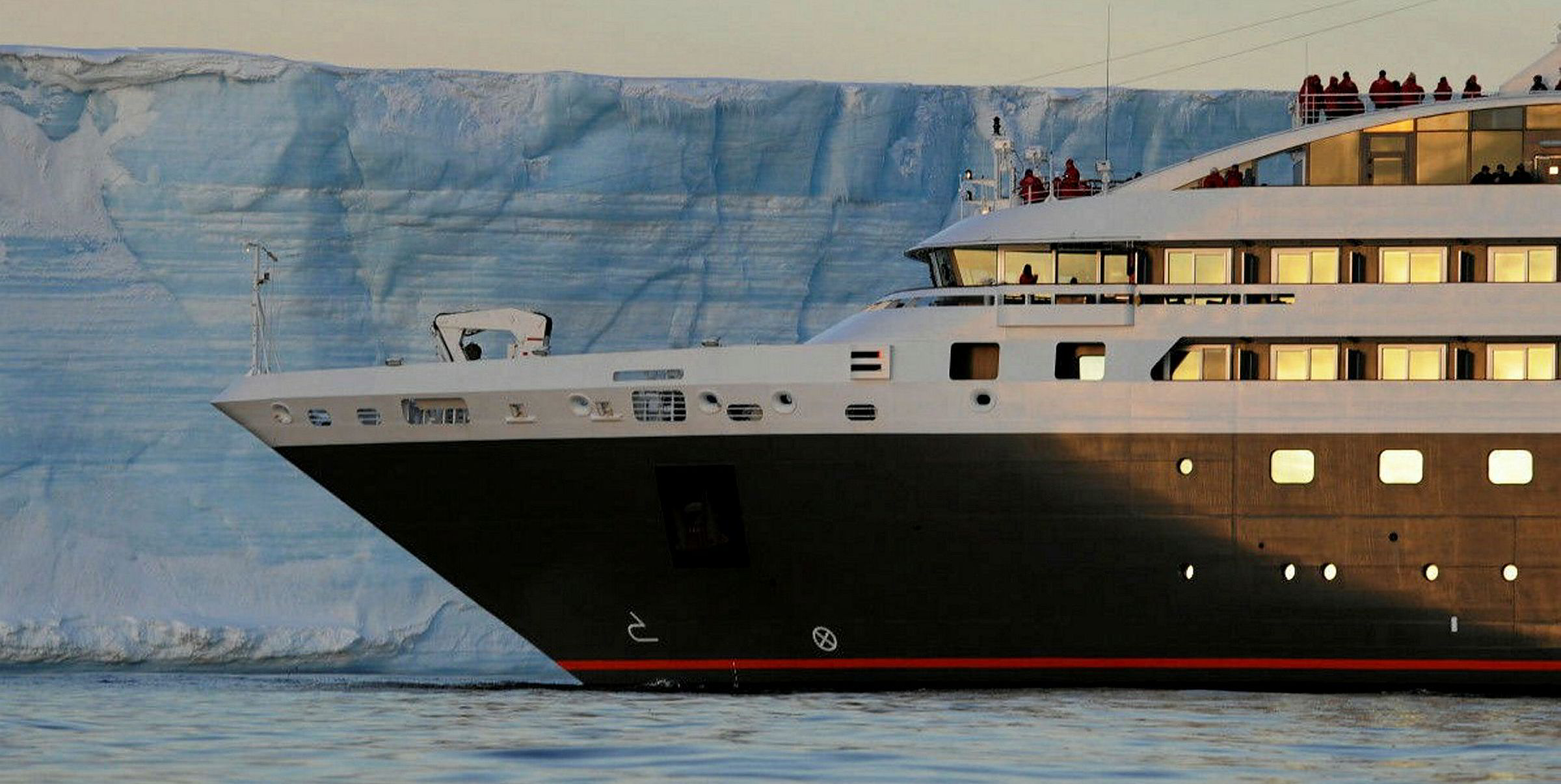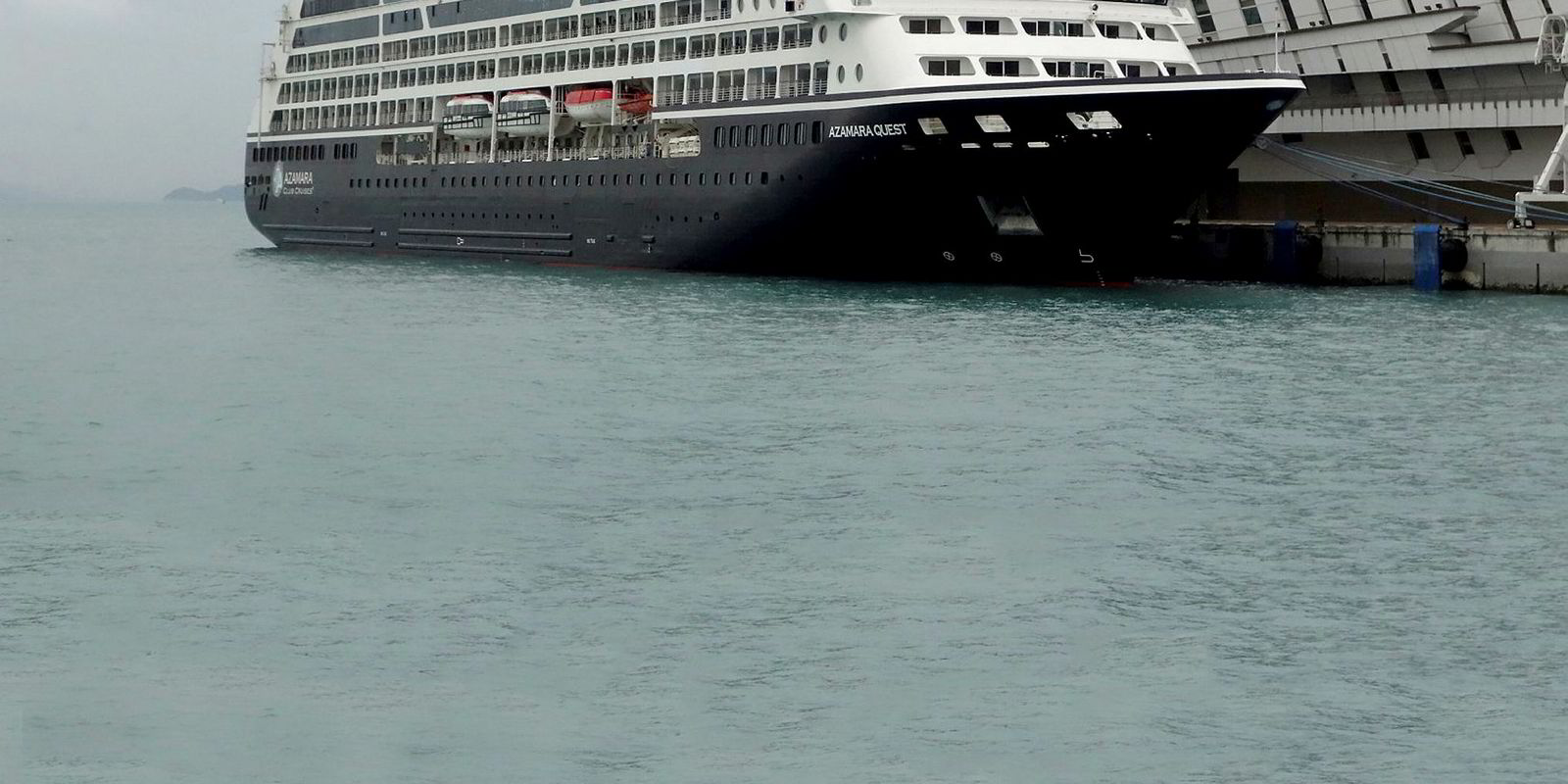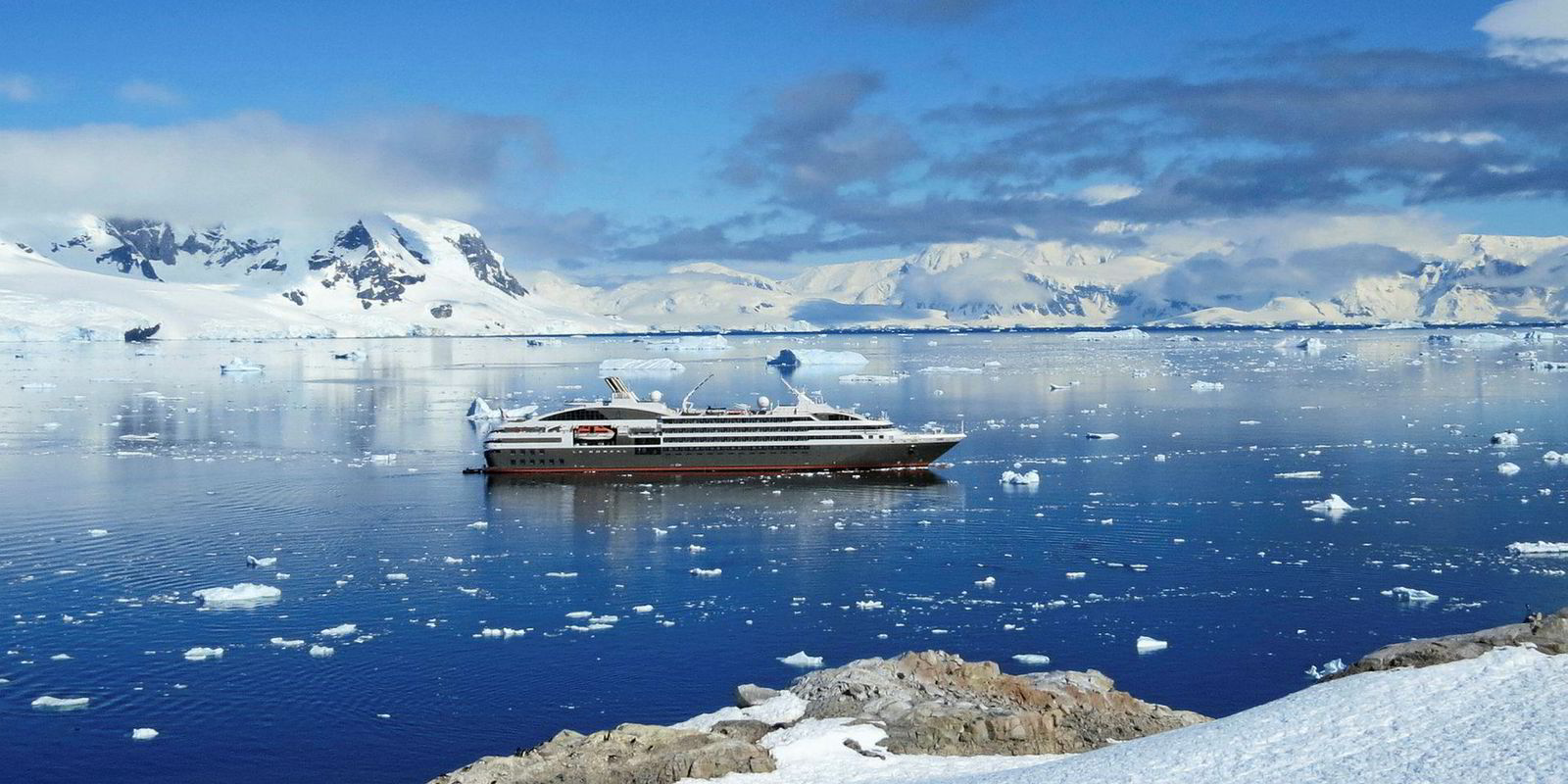French cruise company Compagnie du Ponant has been fined NZD 70,000 ($46,244) after one of its ships went aground off New Zealand last year.
In addition, the ship’s captain, French citizen Regis Daumesnil, was fined NZD 30,000 for his part in the grounding.
The incident involving the 11,000-gt L’Austral (built 2011) took place in the remote New Zealand Subantarctic islands in January 2017.
Both the shipowner and the captain were sentenced by the Wellington District Court on Tuesday after earlier pleading guilty to the charges.
The Wallis Futuna Island-flagged ship grounded on an uncharted rock at the Snares Islands, puncturing the ship’s hull in three places.
Immediately after the grounding alarms sounded, indicating water had entered the hull Daumesnil is said to have directed the area that had been holed be isolated and checks made around it.
It was confirmed no water had entered the oil sludge tank, fuel tanks, engine room or other spaces around the part of the hull that had been damaged.
Daumesnil then decided to sail 154 nautical miles (285km) further south to Enderby Island to continue the cruise as scheduled.
The L’Austral then continued its cruise and returned to Bluff on 12 January were divers were contracted to inspect the damage and carry out temporary repairs.
It was only the next day, when a regular port state control inspection of the ship was carried out that local authorities became aware of the incident.
Daumesnil had reported the incident to French, but not New Zealand, authorities. There were 356 passengers and crew onboard at the time of the incident.
A spokesperson for New Zealand’s Department of Conservation (DOC) said it was “pure good luck we did not have a potential environmental disaster” resulting from the incident.
Officials said a review of the vessel’s paper chart, electronic chart display and GPS positions also showed that at the time of the grounding the vessel was being navigated without following any passage plan.
A Maritime NZ spokesperson added that this case could have “ended in tragedy” and was a “graphic warning” of why passage planning is mandatory in New Zealand.
In arriving at the final sentences, the Court took account of the defendants’ guilty pleas and other personal mitigation factors – for Ponant this included its previous safety record and good character and for Daumesnil the professional consequences that have resulted from the incident.





